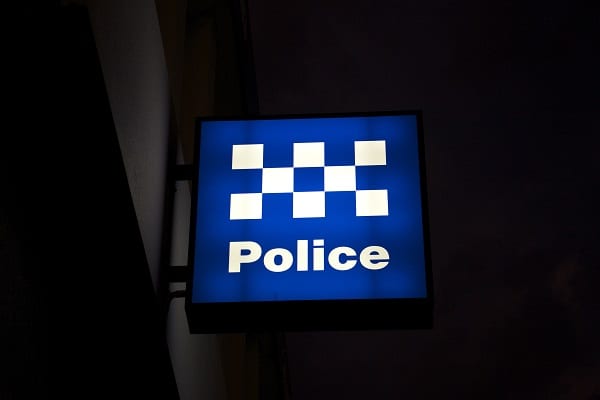The investigation provides a detailed national picture of police handling of sexual assault and includes analysis of previously unseen data on reports that have been rejected by police or withdrawn by the survivor.
https://twitter.com/ingating/status/1221898295921930241?s=20
According to ABC News, more than 140,000 sexual assaults were reported to police in Australia in the 10 years leading to 2017. Of these reports, police rejected nearly 12,000, on the basis they did not believe a sexual assault occurred.
On top of these “unfounded” reports of sexual assault, a quarter of national investigations over the 10-year period were “cleared” by police or resolved without arrests or other legal action.
The system right now is Russian roulette for survivors – make a complaint and cross your fingers you get a cop who respects and believes you https://t.co/YPC8p66xi9
— Bri Lee (@bri_lee_writer) January 27, 2020
More than half of these “cleared” investigations, approximately 18,000, were withdrawn by the survivor, although the true figure is expected to be much higher (but cannot be calculated) because of critical gaps in police records in NSW.
Alone among Australia’s states and territories, NSW Police do not record data on why a sexual assault investigation did not lead to arrest or other formal legal action. Across the rest of Australia, 1 in 5 investigations reports are withdrawn.
“That’s obviously a problem because if police don’t keep track of why reports of sexual assault don’t result in legal action, there’s little anyone can do to improve the number of successful prosecutions,” UNSW’s Don Weatherburn told ABC News.
NSW Police told ABC News that if a victim withdraws a report, this may be taken as evidence that the crime did not occur.
“There are a whole lot of reasons why complainants would withdraw a genuine complaint,” Professor Jan Jordan, professor of criminology at New Zealand’s Victoria University of Wellington told ABC News.
“Genuine complainants who have been sexually assaulted may decide to withdraw because they feel like they’re not being believed or supported, or they’re being pressured by the offender or the offender’s peers, or their own family don’t want to see them go through a court system.”
"what if the real problem has got nothing to do with the intimidating nature of the court process and everything to do what goes on before they get there?” a growing number of sexual assault reports never make it past police, an abc investigation reveals https://t.co/LXfhSQ6cRf
— Hayley Gleeson (@Hayley_Gleeson) January 27, 2020
Nationally, 30 per cent of sexual assault reports led to legal action, including arrests, summons or formal cautions, while 35 per cent of investigations remain unsolved.
Large differences in “unfounded” investigation rates exist between local government areas in Australia, with ABC News reporting that some regions record more than five times as many rejected or withdrawn reports as other, neighbouring regions.
Over the 10-year period, Queensland Police rejected 20 per cent of sexual assault reports, while Tasmania rejected 5 per cent. In the ACT, the rate of rejected cases jumped considering over the years, from 3 per cent in 2010 to 21 per cent in 2017.
Qld has by far the highest rates in the nation of sexual assault reports withdrawn or deemed unfounded by police. These figures raise very serious questions about Qld police practices and attitudes towards sexual violence. https://t.co/lds9r5JR9c #ConsentLawQLD @bri_lee_writer pic.twitter.com/NMDXw31QKq
— Jonathan Crowe (@drjoncrowe) January 27, 2020
According to the ABC News investigation, in 2017, the Queensland Audit Office Report found police in Queensland had pressured victims into withdrawing their complaints and that police were wrongly changing the status of some cases from unsolved to unfounded.
These strategies helped Queensland Police to improve their crime clearance rate.


